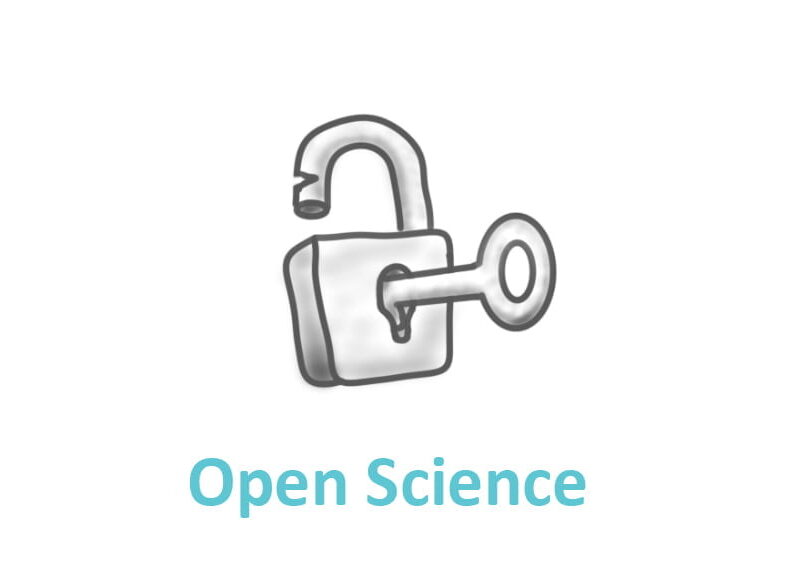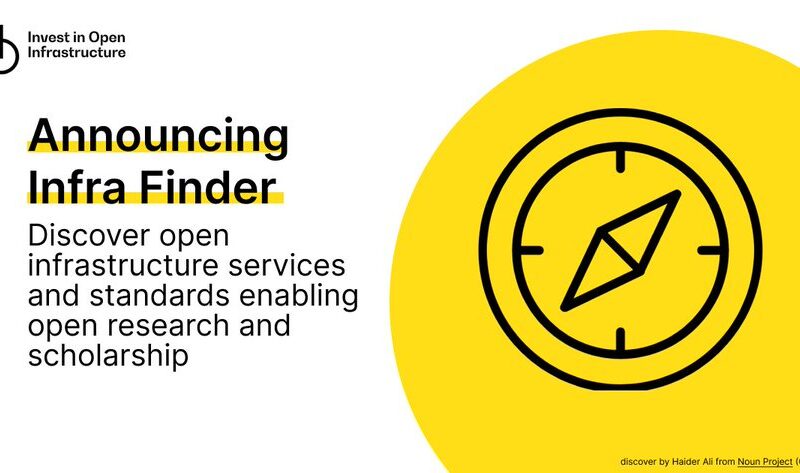Reforming Research Assessment
Reforming Research Assessment https://opusproject.eu/wp-content/uploads/2023/05/iStock-480819919.jpg 1 1 Open and Universal Science (OPUS) Project Open and Universal Science (OPUS) Project https://opusproject.eu/wp-content/uploads/2023/05/iStock-480819919.jpgIn the world of academia, research assessment is an essential process that is used to evaluate the quality and impact of research projects. However, the current system of research assessment has been criticized for its overemphasis on metrics and lack of transparency, which has led to a number of negative outcomes, including the devaluation of certain types of research and the perpetuation of biases in the academic community. As a result, there is a growing movement for the reform of research assessment, which seeks to create a fairer, more transparent, and more accurate system for evaluating research.
One of the main criticisms of the current research assessment system is its reliance on metrics such as publication counts, citation rates, and journal impact factors. While these metrics can provide useful information about the quantity and quality of research output, they often fail to capture the full range of contributions that researchers make to their fields. For example, metrics tend to favor research that is published in high-impact journals, which can lead to the undervaluation of important but less prestigious work.
Another problem with the current system is that it can perpetuate biases and inequalities in the academic community. For example, women and underrepresented minorities are often underrepresented in high-impact journals, which can lead to their work being undervalued in research assessments. Similarly, research that focuses on marginalized communities or non-traditional topics may be devalued because it does not fit into established paradigms or funding priorities.
To address these issues, advocates for research assessment reform are calling for a more holistic and transparent approach to evaluating research. This could involve a shift away from metrics and towards more qualitative assessments of research quality, such as peer review or expert evaluation. It could also involve greater consideration of the broader impacts of research, such as its potential for social or economic benefit, or its relevance to policy and practice.
Another key aspect of research assessment reform is the need for greater transparency and openness in the evaluation process. This could involve making research assessment criteria and procedures more explicit and accessible, so that researchers understand how their work is being evaluated. It could also involve involving a wider range of stakeholders in the assessment process, including non-academic partners and members of the public.
Finally, research assessment reformers are calling for greater diversity and inclusion in the academic community, so that the full range of research perspectives and approaches are represented in research assessments. This could involve initiatives to promote greater equity in funding and publishing, as well as efforts to ensure that underrepresented groups are included in the peer review and evaluation processes.
The reform of research assessment is an important and timely issue that has the potential to transform the way research is evaluated and valued. By promoting greater transparency, equity, and diversity in the assessment process, we can create a more just and effective system for evaluating the contributions that researchers make to their fields.
- Posted In:
- Open Science News




